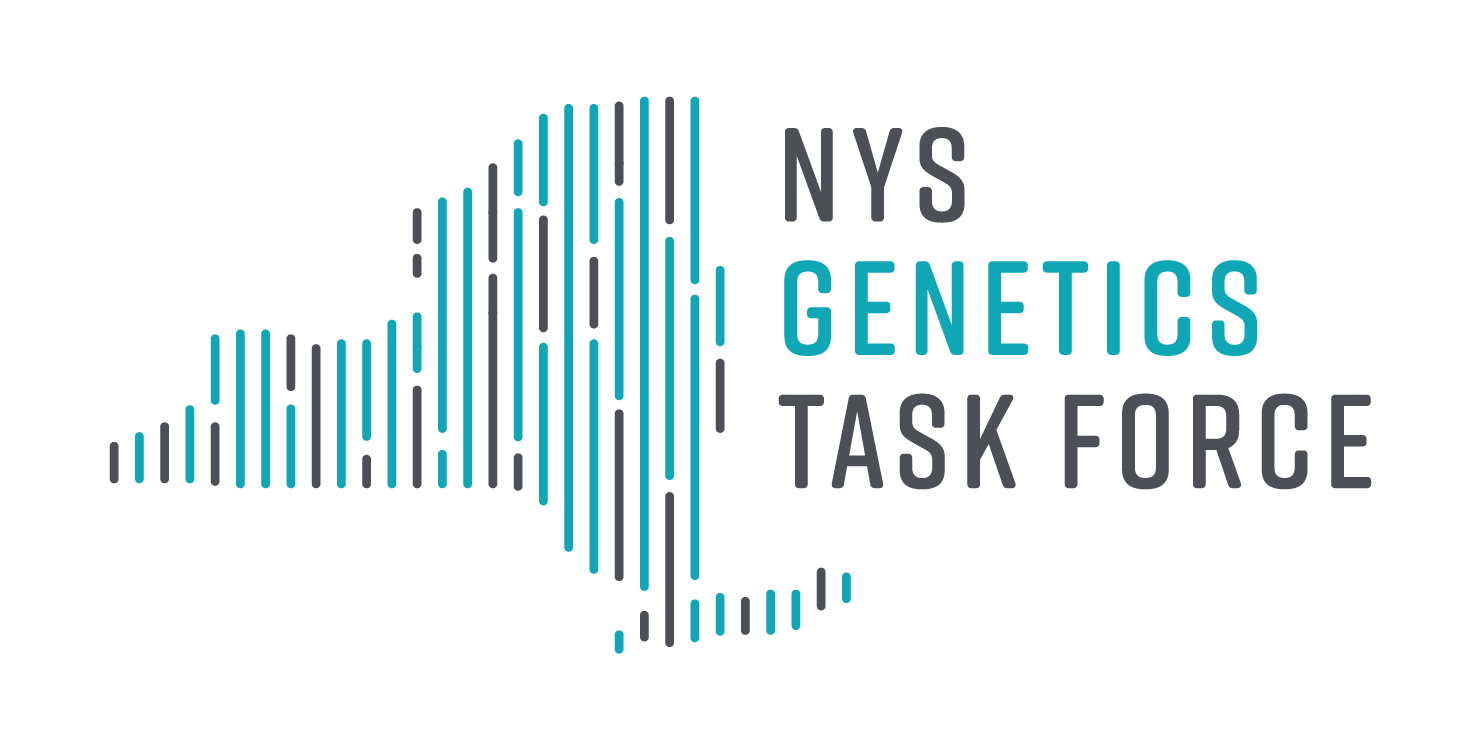Five Important Reasons to Support Licensure of Genetic Counselors in New York State:
-
Protects the public
-
Improves the overall quality of health care
-
Increases access to needed services
-
Reduces health care costs
-
Incentivizes qualified genetic counselors to remain in the state
Passing bill S6021/A278 would establish genetic counseling as a licensed profession in New York State. Genetic counselors complete a master’s degree at a graduate program accredited by the Accreditation Council for Genetic Counseling (ACGC) and pass a certification exam administered by the American Board of Genetic Counseling (ABGC). Licensure will help to ensure that qualified and board certified genetic counselors are providing top level care to patients and are available to confirm that the genetic testing being ordered is appropriate and essential, reducing the costs and waste associated with unnecessary testing and fraud. Licensure will lead to better recognition by health care insurers, including the Centers for Medicare and Medicaid Services (CMS). This helps assure adequate reimbursement for essential genetics services and access for historically underserved populations by enabling the hiring of additional genetic counselors.
New York State (NYS) has been at the forefront of genetic counseling education for 45 years, but has lagged behind many states in providing licensure of these healthcare professionals. Currently, genetic counselors in most of the surrounding states in the northeast have licensure including New Jersey, Connecticut, Delaware, Pennsylvania, Massachusetts and New Hampshire. There are 26 states that currently license genetic counselors, and three additional states in which recent bills have been passed to do so. NYS is home to the nation’s oldest and largest genetic counseling program, the Joan H. Marks Human Genetics Program, based at Sarah Lawrence College in Bronxville. This program has graduated more than 1,000 genetic counselors since 1969. We are also home to the Icahn School of Medicine at Mount Sinai, the Long Island University Post, and the Columbia University Genetic Counseling programs. Together, the clinical training network for these programs encompasses over 60 facilities in NYS, New Jersey and Connecticut. These training programs rely on a network of experienced local genetic counselors for clinical training and supervision of students. Increasing the number of licensed genetic counselors in New York will ensure the continued success of these vital programs and pave the way for additional training programs to support underserved regions of the state like Western New York and the North Country.
Genetic counselors touch the lives of thousands of NYS residents through their important work. It is imperative to ensure that those who are providing these services are held to the highest standards.
Currently, we are facing an imminent threat to public health and safety from the COVID-19 pandemic. It is drastically affecting the landscape of healthcare, as hospitals become COVID-19 wards, displacing their traditional functions, and outpatient care transitions to telehealth. As the current pandemic necessitates genetic counselors to move from the clinic to telehealth in order to continue to safely provide care to patients in need, our service delivery models are uniquely positioned to transition care to telehealth. As a large proportion of our consultations do not necessitate a physical exam, but rather an in-depth conversation regarding family and medical history, we have a great advantage in terms of our ability to seamlessly transition to telehealth. Passing bill S6021/A278 will enable genetic counselors to provide essential personalized medicine services for New Yorkers who need care.
Ways You Can Support Licensure Efforts:
- Engage your local representative (find them here: https://openstates.org/find_your_legislator/)
- Contact the New York State Genetics Task Force Public Policy Committee at publicpolicy@nysgeneticstaskforce.org with any political suggestions/connections
- Raise awareness of genetic counseling
- Support H.R. 3235 “Access to Genetic Services Act”
Legislative Sponsors
Linda Rosenthal, New York State Assembly member
Neil Breslin, New York State Senator
Attorney Contacts
Whitney M. Phelps, J.D.
Pamela Madeiros, J.D.
Lynelle Bosworth, J.D.

